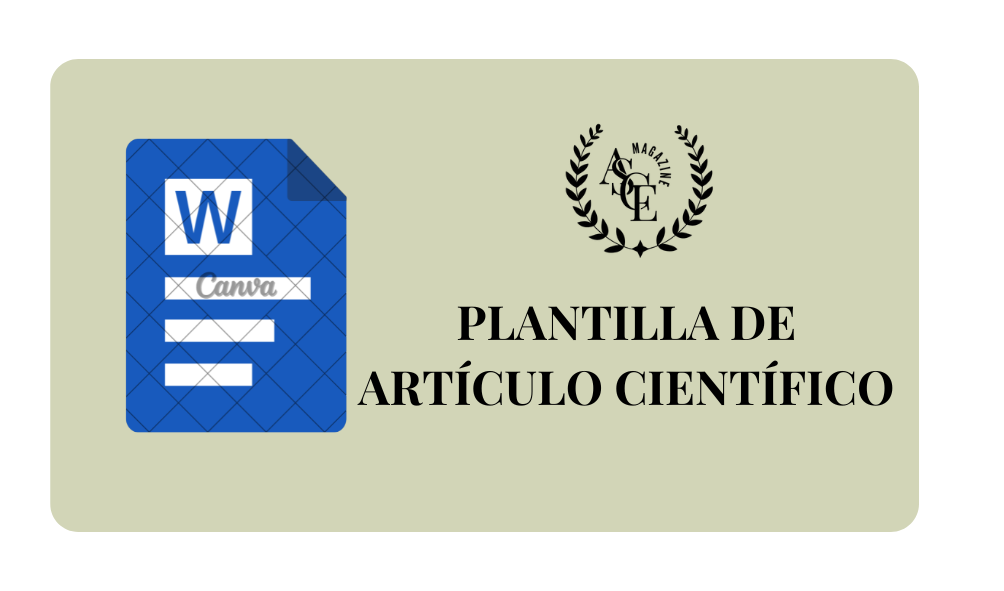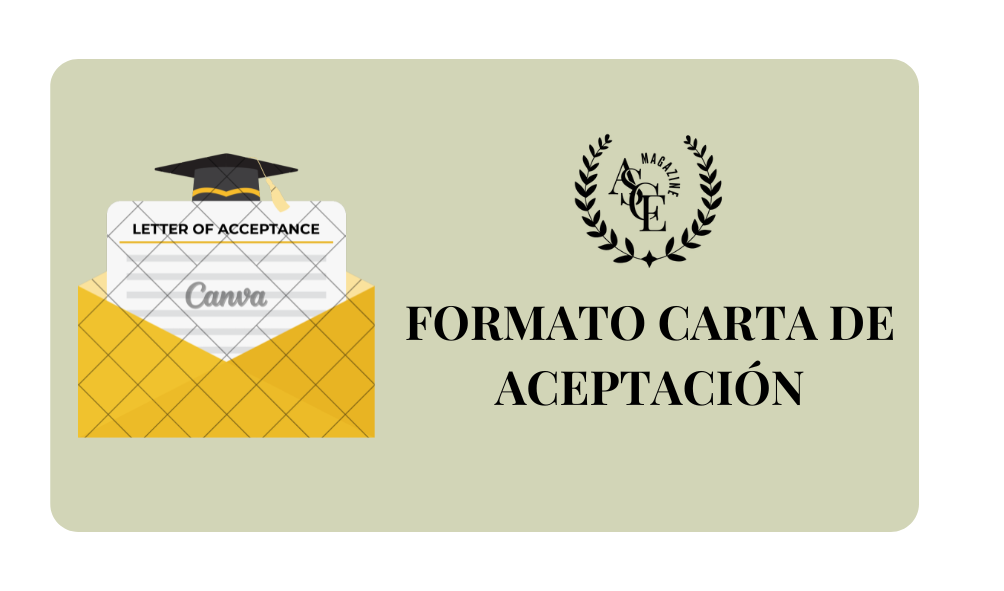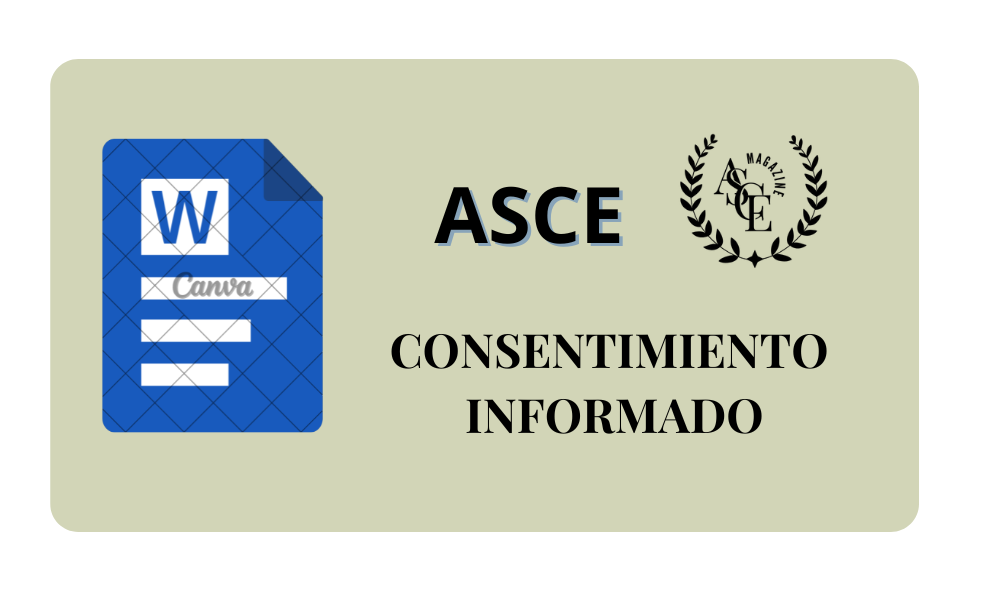Application of Artificial Intelligence (AI) in higher education: Impact, determining factors and their relationship with learning
DOI:
https://doi.org/10.70577/ASCE/2183.2205/2025Keywords:
Computer Application, Learning, Higher Education, Artificial Intelligence, Advanced TechnologyAbstract
Artificial Intelligence (AI) has made significant progress in education in general. The purpose of this research was to evaluate the application of AI in Higher Education (HE) through an analysis of the impact, factors, and relationship between the use of AI and learning. A bibliographic review was conducted using the PRISMA method and a qualitative approach. 115 Scientific Articles (SA) were identified, filtered, correlated, and analyzed. Finally, a description of the SA selected for the study was generated. Regarding the impact of AI use in higher education, it was found that the application of AI tends to strengthen and reinforce student learning. However, teachers need to update their knowledge to ensure the responsible use of AI in higher education. Technological, pedagogical, human, and ethical factors were identified as those that influence learning processes. These factors have the power to promote or regulate the use and effectiveness of AI in education. After analyzing the relationship between the impact of AI and learning, it was found that AI, when used appropriately, can strengthen and provide feedback on learning. Furthermore, there are potential risks related to the lack of human autonomy and critical thinking. It is recommended that the use of AI be included in higher education to efficiently integrate technological advances into learning.
Downloads
References
Adams, C., Pente, P., Lemermeyer, G., & Rockwell, G. (2023). Ethical principles for artificial intelligence in K-12 education. Computers and Education: Artificial Intelligence, 4, 100131. https://doi.org/10.1016/j.caeai.2023.100131 DOI: https://doi.org/10.1016/j.caeai.2023.100131
Alnasib, B. N. M. (2023). Factors Affecting Faculty Members’ Readiness to Integrate Artificial Intelligence into Their Teaching Practices: A Study from the Saudi Higher Education Context. International Journal of Learning, Teaching and Educational Research, 22(8), 465-491. https://doi.org/10.26803/ijlter.22.8.24 DOI: https://doi.org/10.26803/ijlter.22.8.24
Andreo, P., Ortiz-Martínez, V. M., Salar-García, M. J., Veiga-del-Baño, J. M., Chica, A., & Quesada-Medina, J. (2022). Waste animal fats as feedstock for biodiesel production using non-catalytic supercritical alcohol transesterification: A perspective by the PRISMA methodology. Energy for Sustainable Development, 69, 150-163. https://doi.org/10.1016/j.esd.2022.06.004 DOI: https://doi.org/10.1016/j.esd.2022.06.004
Cevikbas, M., & Kaiser, G. (2023). Can flipped classroom pedagogy offer promising perspectives for mathematics education on pandemic-related issues? A systematic literature review. ZDM – Mathematics Education, 55(1), 177-191. https://doi.org/10.1007/s11858-022-01388-w DOI: https://doi.org/10.1007/s11858-022-01388-w
Chen, L., Chen, P., & Lin, Z. (2020). Artificial Intelligence in Education: A Review. IEEE Access, 8, 75264-75278. https://doi.org/10.1109/ACCESS.2020.2988510 DOI: https://doi.org/10.1109/ACCESS.2020.2988510
Chima Abimbola Eden, Onyebuchi Nneamaka Chisom, & Idowu Sulaimon Adeniyi. (2024). Integrating AI in education: Opportunities, challenges, and ethical considerations. Magna Scientia Advanced Research and Reviews, 10(2), 006-013. https://doi.org/10.30574/msarr.2024.10.2.0039 DOI: https://doi.org/10.30574/msarr.2024.10.2.0039
Chun, H., Hwang, G., Tu, Y., & Yang, K. (2022). Roles and research trends of artificial intelligence in higher education: A systematic review of the top 50 most-cited articles. 38(3), 22-42.
Crompton, H., & Burke, D. (2023). Artificial intelligence in higher education: The state of the field. International Journal of Educational Technology in Higher Education, 20(1), 22. https://doi.org/10.1186/s41239-023-00392-8 DOI: https://doi.org/10.1186/s41239-023-00392-8
Furey, H., & Martin, F. (2019). AI education matters: A modular approach to AI ethics education. AI Matters, 4(4), 13-15. https://doi.org/10.1145/3299758.3299764 DOI: https://doi.org/10.1145/3299758.3299764
Galindo, H., Delgado, N., Losada, D., & Etxabe, J.-M. (2024). An analysis of the use of artificial intelligence in education in Spain: The in-service teacher’s perspective. Journal of Digital Learning in Teacher Education, 40(1), 41-56. https://doi.org/10.1080/21532974.2023.2284726 DOI: https://doi.org/10.1080/21532974.2023.2284726
George, B., & Wooden, O. (2023). Managing the Strategic Transformation of Higher Education through Artificial Intelligence. Administrative Sciences, 13(9), 196. https://doi.org/10.3390/admsci13090196 DOI: https://doi.org/10.3390/admsci13090196
Ghafarzadeh, M., & Irandoost, M. (2024). Artificial Intelligence in Education: Examining the Impact of AI on the Teaching-Learning Process. 6(11), 146-156.
Giannakos, M., Azevedo, R., Brusilovsky, P., Cukurova, M., Dimitriadis, Y., Hernandez-Leo, D., Järvelä, S., Mavrikis, M., & Rienties, B. (2025). The promise and challenges of generative AI in education. Behaviour & Information Technology, 44(11), 2518-2544. https://doi.org/10.1080/0144929X.2024.2394886 DOI: https://doi.org/10.1080/0144929X.2024.2394886
Hannan, E., & Liu, S. (2023). AI: New source of competitiveness in higher education. Competitiveness Review: An International Business Journal, 33(2), 265-279. https://doi.org/10.1108/CR-03-2021-0045 DOI: https://doi.org/10.1108/CR-03-2021-0045
Heilinger, J.-C., Kempt, H., & Nagel, S. (2024). Beware of sustainable AI! Uses and abuses of a worthy goal. AI and Ethics, 4(2), 201-212. https://doi.org/10.1007/s43681-023-00259-8 DOI: https://doi.org/10.1007/s43681-023-00259-8
Hofer, S. I., Nistor, N., & Scheibenzuber, C. (2021). Online teaching and learning in higher education: Lessons learned in crisis situations. Computers in Human Behavior, 121, 106789. https://doi.org/10.1016/j.chb.2021.106789 DOI: https://doi.org/10.1016/j.chb.2021.106789
Huang, J., Saleh, S., & Liu, Y. (2021). A Review on Artificial Intelligence in Education. Academic Journal of Interdisciplinary Studies, 10(3), 206. https://doi.org/10.36941/ajis-2021-0077 DOI: https://doi.org/10.36941/ajis-2021-0077
Kamalov, F., Santandreu Calonge, D., & Gurrib, I. (2023). New Era of Artificial Intelligence in Education: Towards a Sustainable Multifaceted Revolution. Sustainability, 15(16), 12451. https://doi.org/10.3390/su151612451 DOI: https://doi.org/10.3390/su151612451
Khan, S., Mazhar, T., Shahzad, T., Khan, M. A., Rehman, A. U., Saeed, M. M., & Hamam, H. (2025). Harnessing AI for sustainable higher education: Ethical considerations, operational efficiency, and future directions. Discover Sustainability, 6(1), 23. https://doi.org/10.1007/s43621-025-00809-6 DOI: https://doi.org/10.1007/s43621-025-00809-6
Kuleto, V., Ilić, M., Dumangiu, M., Ranković, M., Martins, O. M. D., Păun, D., & Mihoreanu, L. (2021). Exploring Opportunities and Challenges of Artificial Intelligence and Machine Learning in Higher Education Institutions. Sustainability, 13(18), 10424. https://doi.org/10.3390/su131810424 DOI: https://doi.org/10.3390/su131810424
Kumar, S., Rao, P., Singhania, S., Verma, S., & Kheterpal, M. (2024). Will artificial intelligence drive the advancements in higher education? A tri-phased exploration. Technological Forecasting and Social Change, 201, 123258. https://doi.org/10.1016/j.techfore.2024.123258 DOI: https://doi.org/10.1016/j.techfore.2024.123258
Malik, A. R., Pratiwi, Y., Andajani, K., Numertayasa, I. W., Suharti, S., Darwis, A., & Marzuki. (2023). Exploring Artificial Intelligence in Academic Essay: Higher Education Student’s Perspective. International Journal of Educational Research Open, 5, 100296. https://doi.org/10.1016/j.ijedro.2023.100296 DOI: https://doi.org/10.1016/j.ijedro.2023.100296
Ouyang, F., & Jiao, P. (2021). Artificial intelligence in education: The three paradigms. Computers and Education: Artificial Intelligence, 2, 100020. https://doi.org/10.1016/j.caeai.2021.100020 DOI: https://doi.org/10.1016/j.caeai.2021.100020
Rahiman, H. U., & Kodikal, R. (2024). Revolutionizing education: Artificial intelligence empowered learning in higher education. Cogent Education, 11(1), 2293431. https://doi.org/10.1080/2331186X.2023.2293431 DOI: https://doi.org/10.1080/2331186X.2023.2293431
Rapanta, C., Botturi, L., Goodyear, P., Guàrdia, L., & Koole, M. (2021). Balancing Technology, Pedagogy and the New Normal: Post-pandemic Challenges for Higher Education. Postdigital Science and Education, 3(3), 715-742. https://doi.org/10.1007/s42438-021-00249-1 DOI: https://doi.org/10.1007/s42438-021-00249-1
Schiff, D. (2022). Education for AI, not AI for Education: The Role of Education and Ethics in National AI Policy Strategies. International Journal of Artificial Intelligence in Education, 32(3), 527-563. https://doi.org/10.1007/s40593-021-00270-2 DOI: https://doi.org/10.1007/s40593-021-00270-2
Shabunina, V., O. Labenko, Horbachenko, A., Tsuprun, T., & Tsuprun. (2024). Technologies and Innovations in the Educational Process: Experience of the University of the Future. Futurity Education, 145-168. https://doi.org/10.57125/FED.2024.09.25.09 DOI: https://doi.org/10.57125/FED.2024.09.25.09
Slimi, Z. (2023). The Impact of Artificial Intelligence on Higher Education: An Empirical Study. European Journal of Educational Sciences, 10(1). https://doi.org/10.19044/ejes.v10no1a17 DOI: https://doi.org/10.19044/ejes.v10no1a17
Soler, A., Arnau-Paradís, A., Matallín-Sáez, J. C., Arnau-Notari, R., & Silvestre-Capilla, F. (2025). ARTIFICIAL INTELLIGENCE FOR HIGHER EDUCATION: IMPROVEMENT OR REVOLUTION? 7108-7112. https://doi.org/10.21125/inted.2025.1842 DOI: https://doi.org/10.21125/inted.2025.1842
Wang, S., Wang, F., Zhu, Z., Wang, J., Tran, T., & Du, Z. (2024). Artificial intelligence in education: A systematic literature review. Expert Systems with Applications, 252, 124167. https://doi.org/10.1016/j.eswa.2024.124167 DOI: https://doi.org/10.1016/j.eswa.2024.124167
Wang, Y., Liu, C., & Tu, Y. (2021). Factors Affecting the Adoption of AI-Based Applications in Higher Education: An Analysis of Teachers Perspectives Using Structural Equation Modeling. Educational Technology & Society, 24(3), 116-129.
Wan, W., Awang, N., & Mohd-Pauzi, N. (2024). An overview of the use of artificial intelligence (AI) tools in higher education/Wan Saiful ‘Azzam Wan Ismail, Nur Amalina Awang and Nooradzlina Mohd Pauzi. International Journal of e-Learning and Higher Education, 19(3), 27-39. DOI: https://doi.org/10.24191/ijelhe.v19n3.1932
Yu, H., & Guo, Y. (2023). Generative artificial intelligence empowers educational reform: Current status, issues, and prospects. Frontiers in Education, 8, 1183162. https://doi.org/10.3389/feduc.2023.1183162 DOI: https://doi.org/10.3389/feduc.2023.1183162
Yuskovych-Zhukovska, V., Poplavska, T., Diachenko, O., Mishenina, T., Topolnyk, Y., & Gurevych, R. (2022). Application of Artificial Intelligence in Education. Problems and Opportunities for Sustainable Development. BRAIN. Broad Research in Artificial Intelligence and Neuroscience, 13(1Sup1), 339-356. https://doi.org/10.18662/brain/13.1Sup1/322 DOI: https://doi.org/10.18662/brain/13.1Sup1/322
Zhai, C., Wibowo, S., & Li, L. D. (2024). The effects of over-reliance on AI dialogue systems on students’ cognitive abilities: A systematic review. Smart Learning Environments, 11(1), 28. https://doi.org/10.1186/s40561-024-00316-7 DOI: https://doi.org/10.1186/s40561-024-00316-7
Downloads
Published
How to Cite
Issue
Section
License
Copyright (c) 2025 César Jesús Eras Lévano, David Gabriel Balarezo León, Hamilton Steven Guerrero Granda, Ramiro Fernando Jaramillo Villafuerte

This work is licensed under a Creative Commons Attribution-NonCommercial-NoDerivatives 4.0 International License.






























